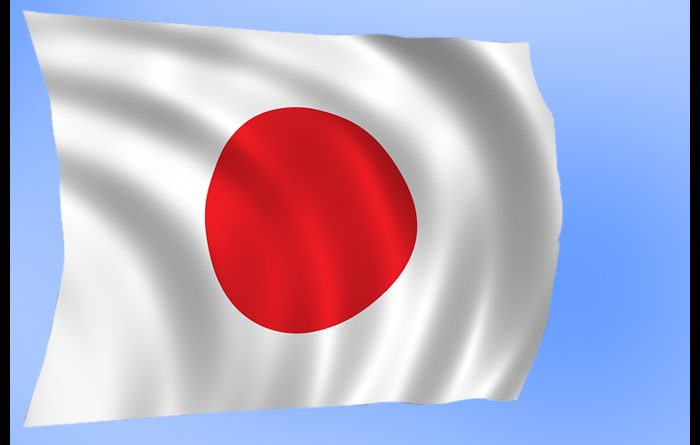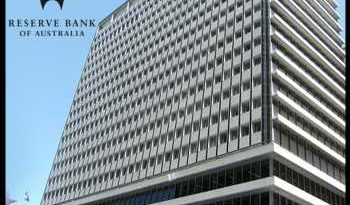Japan Inflation Hits 41-Year High On Food, Energy Prices
Japan consumer prices increased the most in 41 years in December driven by higher energy and food prices, official data showed Friday.
Core inflation that excludes fresh food advanced to 4.0 percent, as expected, from 3.7 percent in November, figures from the Ministry of Internal Affairs and Communications showed. This was the strongest rate since 1981.
Overall consumer price inflation accelerated to 4.0 percent in December from 3.8 percent in November.
Inflation has stayed above the Bank of Japan’s 2 percent target for the ninth straight month.
December’s acceleration was led by the 15.2 percent surge in energy prices, which was faster than the 13.3 percent rise in November. In addition, food inflation rose to 7.4 percent from 6.8 percent a month ago.
Excluding fresh food and energy, consumer prices climbed 3.0 percent annually, the highest since 1991, after a 2.8 percent gain in November.
Capital Economics’ economist Darren Tay said although inflation reached 4 percent, it will fall to around 3.0 percent in January and further below the 2.0 percent target by mid-year due to the government’s energy subsidies.
The ultra loose monetary policy of the BoJ has weakened the yen against the US dollar and further inflated import prices.
Household budget has come under pressure after the rise in consumer prices far exceeded wage growth. The government plans to lower the burden on households’ budget this year by implementing subsidies for electricity bills.
The price outlook report, released after the BoJ decision on Wednesday, showed that inflation is set to fall below the target in the fiscal 2023.
Defying expectations for a tweak in its ultra-loose monetary regime, the BoJ had left its yield curve control and negative interest rates unchanged this week.
The central bank is widely expected to abandon the yield curve control once a new Governor takes over in April.
Source: Read Full Article


